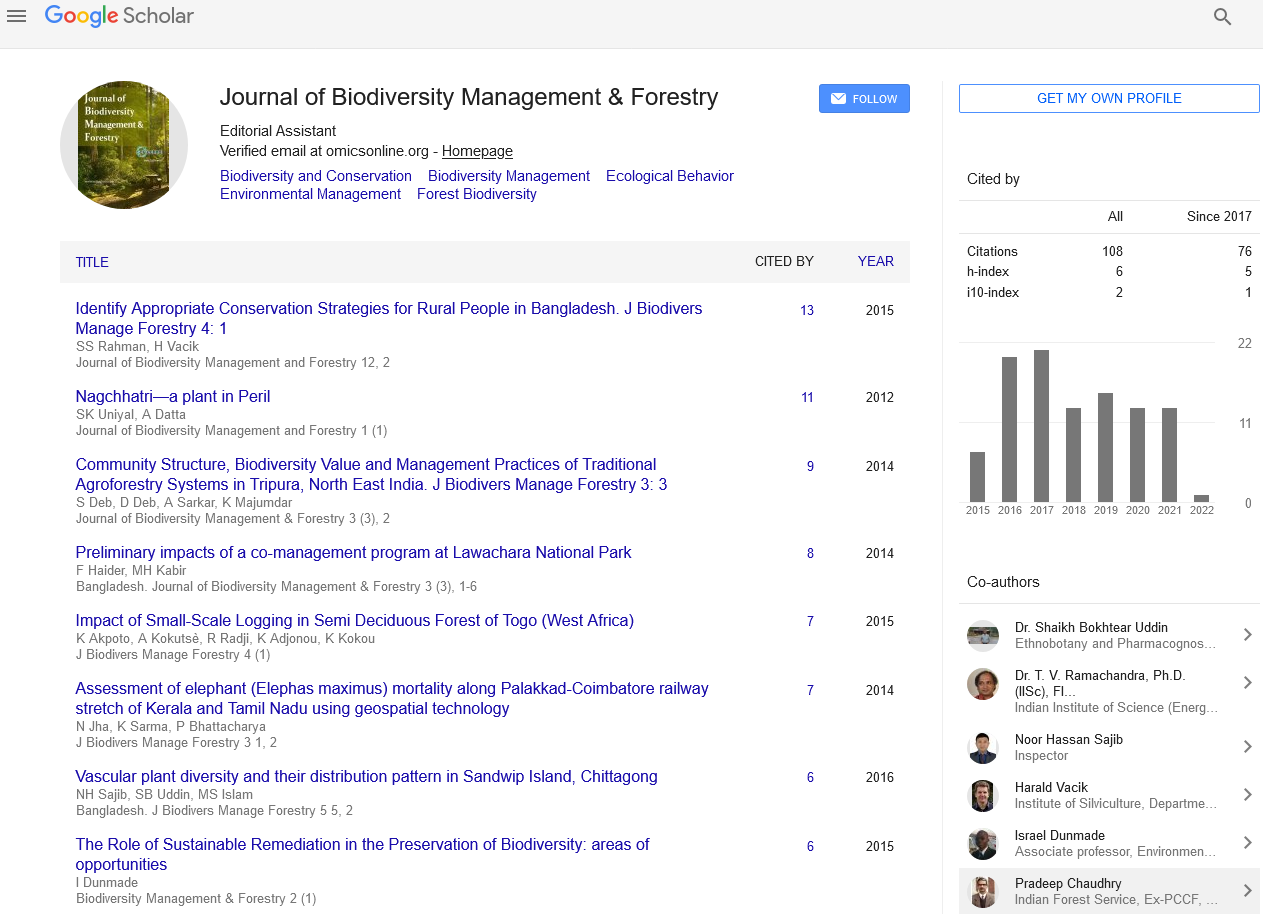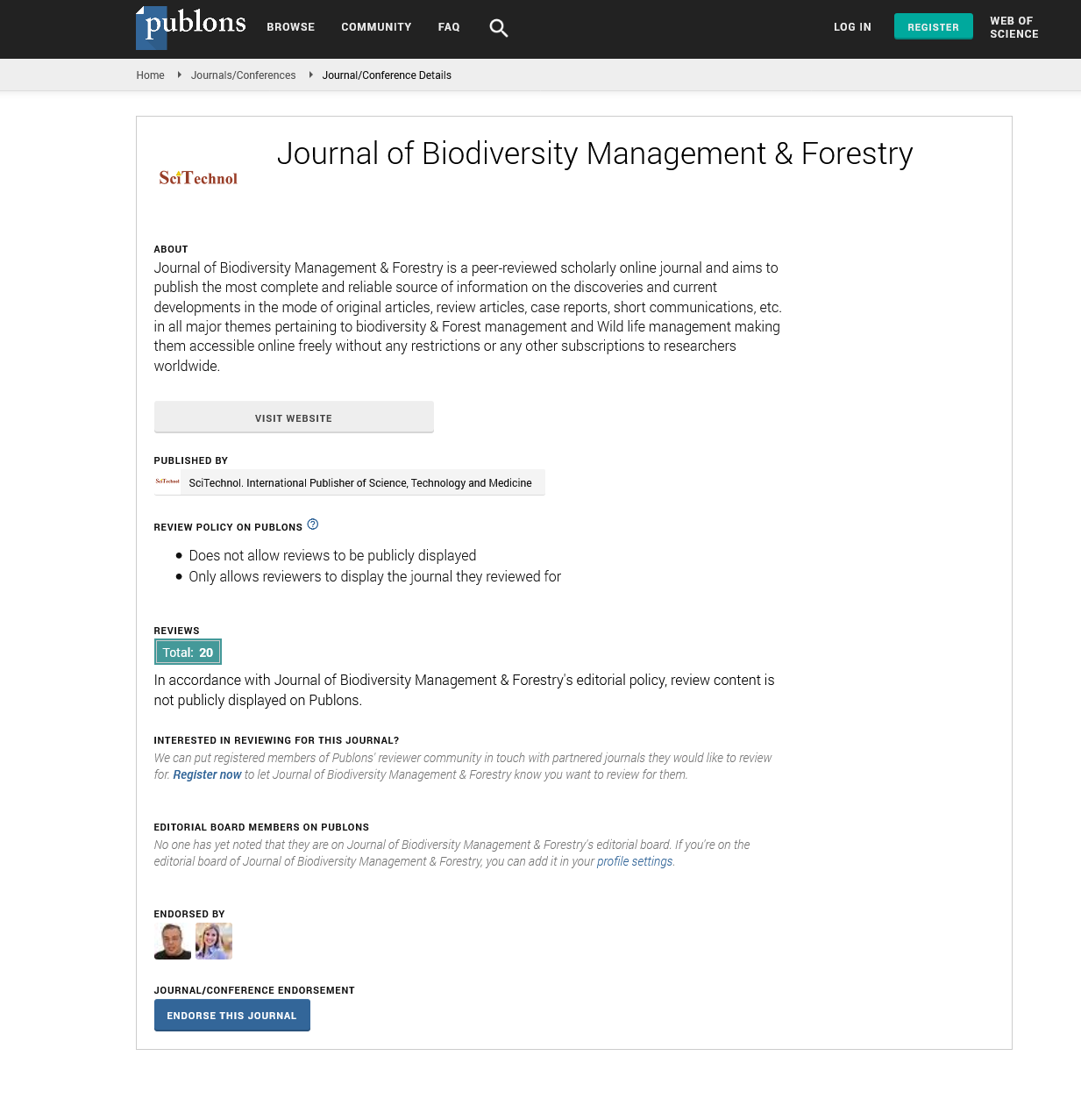Review Article, J Biodivers Manage Forestry Vol: 5 Issue: 1
Understanding REDD+ with Actor-Centered Power approach: A review
| Abrar Juhar Mohammed* and Makoto Inoue | |
| Laboratory of Forest Environmental Studies, Graduate School of Agricultural and Life Sciences, The University of Tokyo, Japan | |
| Corresponding author : Abrar Juhar Mohammed Laboratory of Forest Environmental Studies, Graduate School of Agricultural and Life Sciences, The University of Tokyo 1-1-1 Yayoi, Bunkyo-ku, Tokyo, 113-8657, Japan, Tel:+81-03-5841-7509; Fax: +81-3-5841-5235; E-mail: amyaim99@mail.ecc.u-tokyo.ac.jp |
|
| Received: October 21, 2015 Accepted: January 22, 2016 Published: January 27, 2016 | |
| Citation: Mohammed AJ, Inoue M (2016) Understanding REDD+ with Actor-Centered Power approach: A review . J Biodivers Manage Forestry 5:1. doi:10.4172/2327-4417.1000155 |
Abstract
Climate change presents an unparalleled menace to our globe. Reducing Emission from Deforestation and Forest Degradation (REDD+) is a recent global response to the climate change challenge posed by forest based carbon emissions. Global interest in REDD+ is growing unabated, as is researches on the topic. However, there has been limited synthesis work on power relationship among major actors involved in REDD+. This is particularly relevant because REDD+ is currently based on negotiations and voluntary actions. In order to fill the gap, this article employed an actor-centered power approach and identified major actors, their interest, means of power to realize their interest and outcomes from these actors-interestpower interplays. The article is based on review of primary and gray literatures. The review showed that currently there are a total of eight major actors, ranging from multi-lateral financial institution to national government and indigenous people. These actors play important role in the negotiation, design and implementation of REDD+. The actors represent diverse interests and employ various means of power to realize their interest. Through this process of power interaction and associated action, REDD+ has brought both hopes and concerns for the institutional, economic, social and ecological outcomes from global forest governance. While the potential transfer of sizeable fund to the forestry sector, especially from Annex I countries and funding agents to Non-Annex I countries, constitute the main positive role REDD+ will play, there are salient issues that need to be addressed including lack of strong global institution; biodiversity concern, lack of competitiveness, lack of tenure clarity and possibility of distributive and procedural injustice.
 Spanish
Spanish  Chinese
Chinese  Russian
Russian  German
German  French
French  Japanese
Japanese  Portuguese
Portuguese  Hindi
Hindi 
